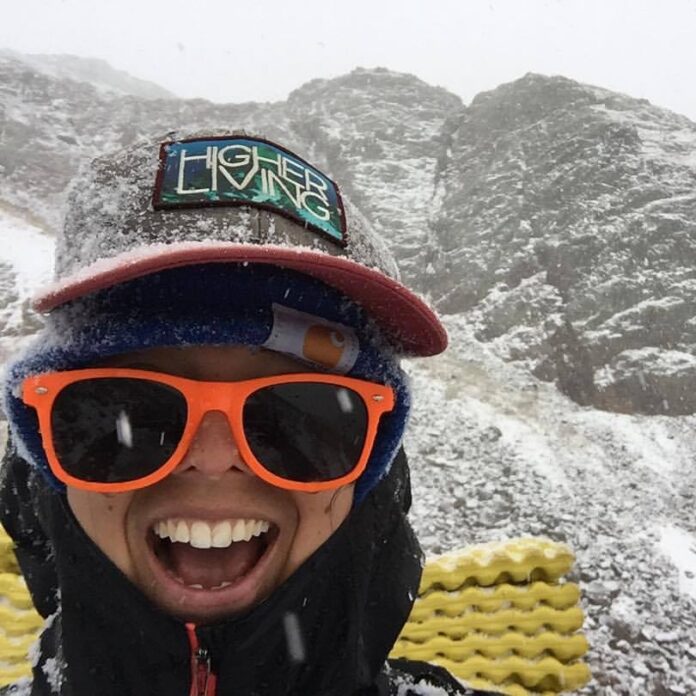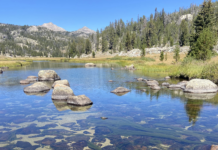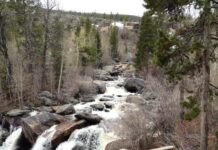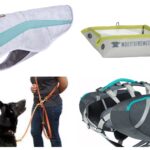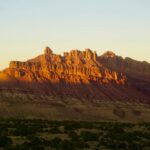In the West, most of us describe ourselves by our occupations. I often say that I am a writer who specializes in outdoor content. Some of us might describe ourselves in relation to others. Maybe you’re a sibling, a father, or a cousin. But the problem with labeling ourselves this way is that it falls short of completely depicting the self. Who are we when these mercurial titles change? When life circumstances force us to reckon with our jobs or our social circles? And what happens when time gets in the way of our own self-perception?
Facing Questions About Identity in the Outdoors
Lately I’ve been asking myself questions about my identity as it relates to the outdoors. Since completing the 2,200-mile Appalachian Trail in 2015, I’ve labeled myself as a thruhiker, a runner, a rock climber, and then finally just as an endurance athlete. But it’s been nearly a year since I’ve endured (unless you count reading through the chain of emails that one particular client sends me).
Am I resting? Trying to find what draws me to these cruel places to begin with? Or am I in remission as an athlete? And is there a time limit on our titles? If we don’t run for a season, are we transforming our identities as we know them? If I was a thruhiker once over the course of my life, can I forever describe myself as a thruhiker? Would one have to give up their title as a mountaineer if they let 15 years pass without finding a summit? Time, and the fluidity of who we are creates puzzles in my mind.
Eastern Versus Western Traditions
In eastern traditions, the self is often seen as a piece of the larger whole. An individual might define themselves based on their roles in the community instead of their personal occupations. In the west, we grow up hearing questions like: What do you want to be when you grow up? What is your favorite color? Do you have a favorite sport? These questions are inherently self-centered. There’s a tremendous emphasis on standing out from the crowd, which leaves us creating labels that are designed to distinguish us from our communities.
In Tiger Writing, Art, Culture, and the Interdependent Self, Gish Jen writes:
“[T]he “independent,” individualistic self stresses uniqueness, defines itself via inherent attributes such as its traits, abilities, values, and preferences, and tends to see things in isolation. The second—the “interdependent,” collectivist self—stresses commonality, defines itself via its place, roles, loyalties, and duties, and tends to see things in context. Naturally, between these two very different self construals [self-definitions] lies a continuum along which most people are located, and along which they may move, too, over the course of a moment. Culture is not fate; it only offers templates, which individuals can finally accept, reject, or modify, and do.”
Evaluating the Outdoors through Culture
Culture is the lens through which we see ourselves. Although, by most accounts, walking across the United States or hurtling yourself up rock faces is a selfish endeavor, the eastern traditions might frame it as an exploration for all of humanity. In the east, I might be seen as a person who has challenged the perception of human potential.
As time passes, I think that we’re all creating and re-creating our own identities. In my opinion, this doesn’t negate who we’ve been throughout our lives. But it builds upon it. In relation to facing questions of identity in the outdoors, I’d like to think that I’m just compounding my experience until I can figure out what to do with it.
Questions for You:
- How do you describe your own identity?
- What kind of cultural influences impact the way that you describe yourself?
- Do you think that identity is concrete or fluid?
For More Inspiration:
